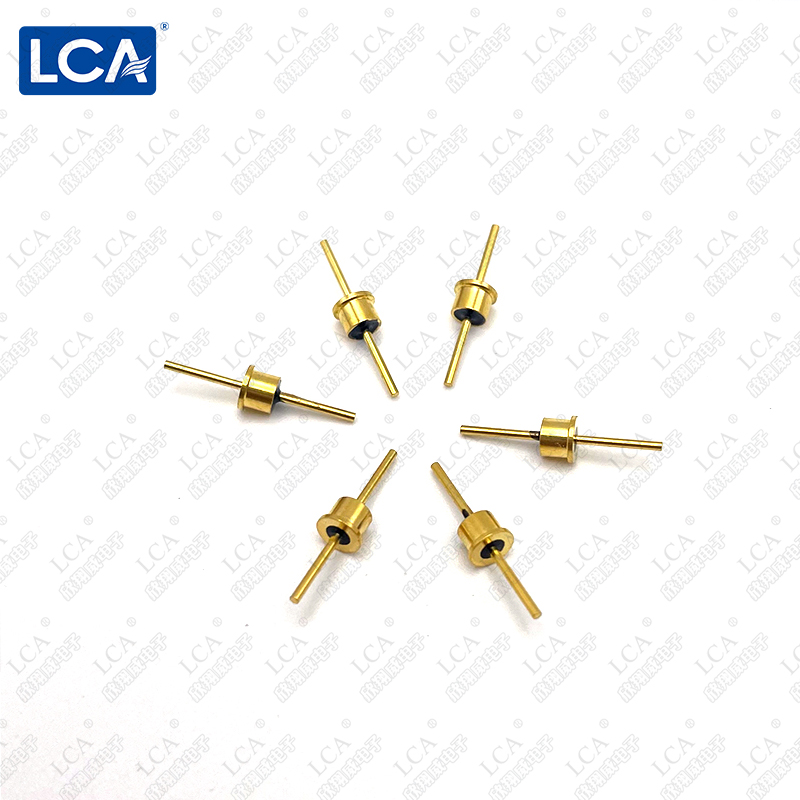EMI stands for Electromagnetic Interference. An EMI filter (electromagnetic interference filter) is a passive component designed to suppress unwanted high-frequency noise while allowing desired low-frequency signals to pass through unimpeded.
How Does an EMI Filter Work?
Typically composed of inductors and capacitors, EMI filters function as low-pass filters. They eliminate electromagnetic noise generated by switching power supplies, motors, or external sources, improving the anti-interference capability and system reliability.
- Suppresses high-frequency noise
- Passes low-frequency useful signals
- Improves electromagnetic compatibility (EMC)
Applications of EMI Filters
EMI filters are widely used in many fields, including:
- Electronic measuring instruments
- Control and automation systems
- Data centers and server rooms
- Switching power supplies and inverters
- Medical, aerospace, and industrial equipment
Feedthrough Capacitors in EMI Filtering
The feedthrough capacitor is a special type of three-terminal capacitor known for its excellent high-frequency filtering capabilities. Unlike ordinary capacitors, it is directly mounted on a metal panel, which offers two key advantages:
- Low grounding inductance due to direct panel mounting
- Minimal lead inductance, enabling high self-resonant frequency
Additionally, the input and output terminals are physically separated by a metal plate, reducing high-frequency coupling. These characteristics result in a performance close to an ideal capacitor in filtering applications.
Benefits of Using Feedthrough Capacitors
- High-frequency attenuation (up to GHz range)
- Compact and reliable for harsh environments
- Ideal for aerospace, RF systems, and defense electronics
Looking for reliable EMI filtering solutions for your system? Contact our engineers to find the best filter configuration for your needs.

